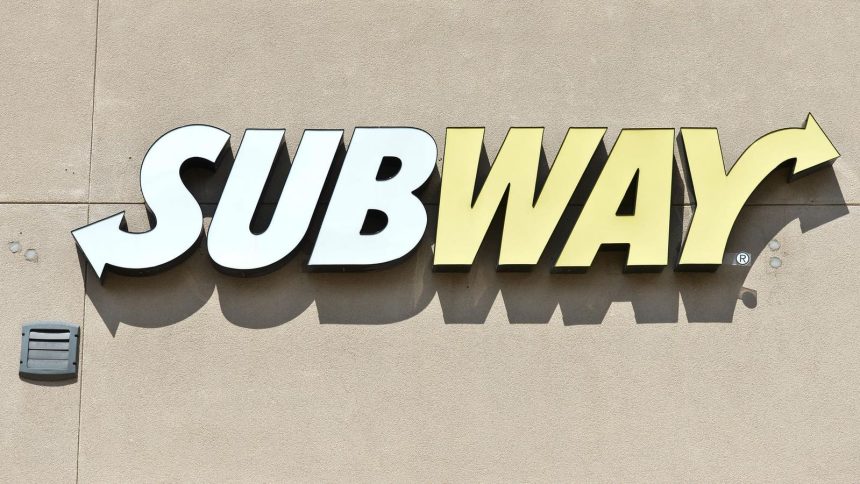The Strategic Importance of Restaurant Location
The success of a restaurant franchise hinges significantly on the strategic selection of its location. More than just an address, the location becomes integral to the brand identity, customer experience, and financial viability of the establishment. It directly influences brand visibility, accessibility for customers, foot traffic volume, and the overall operational efficiency of the restaurant. A well-chosen location can be a powerful driver of success, while a poorly chosen one can lead to significant challenges and even failure. This underscores the crucial nature of the site selection process for both franchisors and franchisees. The location should not only be aesthetically pleasing but also strategically aligned with the target audience, market dynamics, and the overall business objectives of the franchise.
Navigating the Complexities of Restaurant Leasing
Leasing a restaurant space presents unique challenges compared to other retail spaces. Restaurant operations have specific requirements that must be met, including zoning regulations, adequate ventilation systems, sufficient space for kitchen equipment, and ample parking facilities. The chosen location must also harmonize with the restaurant’s brand concept and cater to the intended customer demographic. A family-friendly casual dining establishment, for instance, might thrive in a residential neighborhood, while a fast-casual chain may benefit from a location near office buildings or transportation hubs to capture the lunchtime rush. Understanding these nuances is crucial for making informed decisions during the leasing process.
Financial Prudence and Lease Negotiations
The financial aspects of leasing a restaurant space demand careful consideration. Restaurants often operate on narrow profit margins, making prudent financial management essential. Overlooking hidden costs, such as taxes, maintenance fees, and utility expenses, can have significant long-term consequences. Thorough due diligence, including a detailed analysis of market conditions, meticulous negotiation of lease terms, and accurate estimation of total occupancy costs, is crucial for mitigating financial risks. A strategically negotiated lease ensures that the location not only fits within the budget but also supports future profitability and growth.
Strategic Site Selection for Long-Term Success
The site selection process should be approached strategically, considering a range of factors that contribute to long-term success. This involves comprehensive market research to understand local demographics, traffic patterns, competition, and prevailing rental rates. Proximity to a skilled workforce is also vital for ensuring smooth operations and efficient staffing. Data analytics plays a crucial role in validating assumptions and informing site selection decisions. Partnering with an experienced real estate broker specializing in restaurant properties can provide valuable insights and guidance throughout the process. Their expertise can help identify suitable locations, navigate complex lease negotiations, and avoid potential pitfalls.
Legal Counsel and Lease Provisions
Engaging legal counsel specialized in commercial real estate and restaurant franchising is paramount. An experienced attorney can protect the interests of both the franchisor and franchisee by ensuring that the lease agreement addresses all critical aspects of the restaurant’s operations. This includes verifying compliance with franchise standards, securing favorable clauses related to infrastructure requirements, and negotiating provisions for parking availability. Furthermore, legal counsel can help identify and clarify hidden costs, negotiate favorable terms, and protect the franchisee from potential risks.
Key Lease Clauses and Flexibility
Certain lease clauses are essential for protecting the interests of the restaurant and ensuring operational flexibility. These include exclusivity clauses to prevent direct competition in the vicinity, occupancy guarantees to ensure the property meets the agreed-upon standards, contingencies for unforeseen circumstances, and clear terms for lease duration and renewal options. Negotiating exit strategies, such as subleasing options or early termination clauses, provides crucial flexibility in the face of changing market conditions or operational challenges. Anticipating potential future scenarios, such as changes in local demographics or the closure of nearby businesses, can help mitigate risks and ensure the long-term viability of the location.



